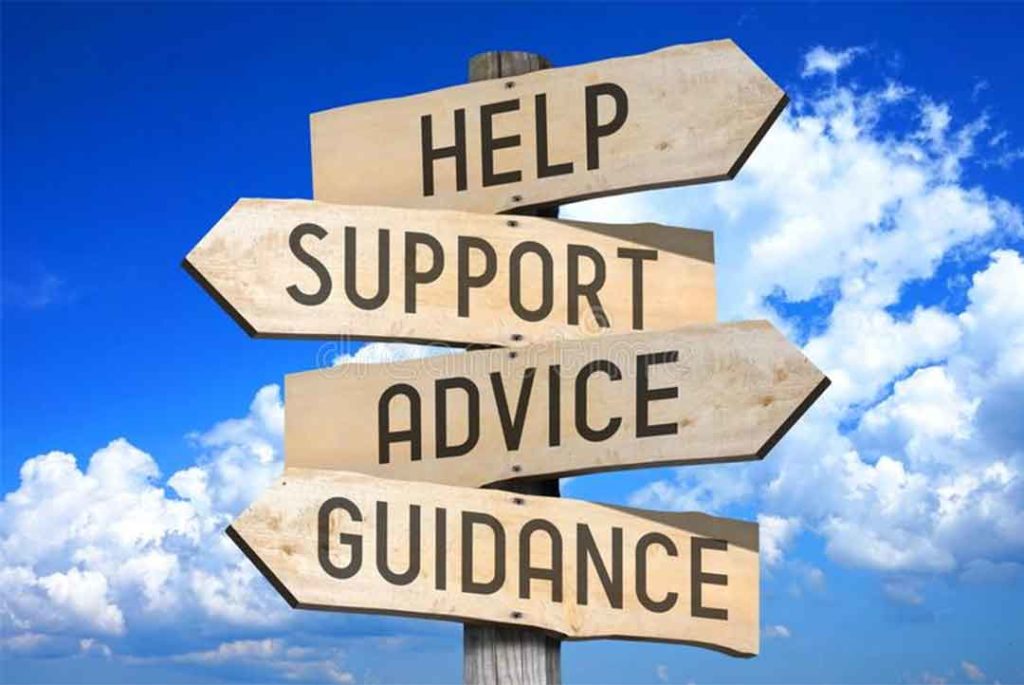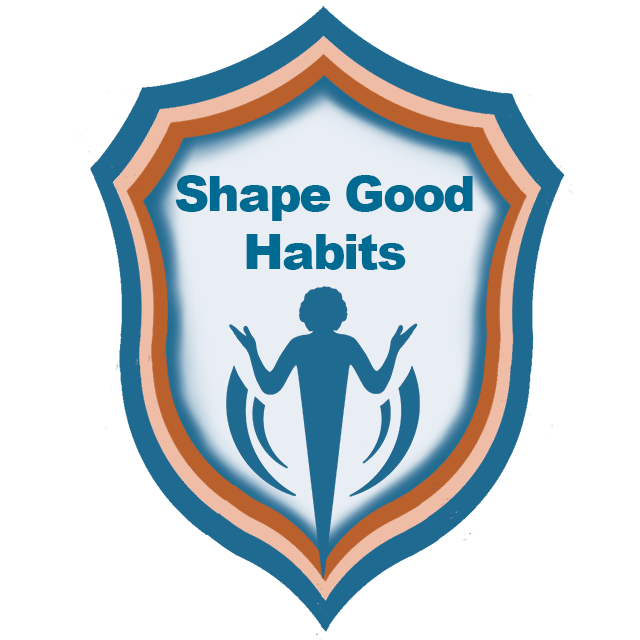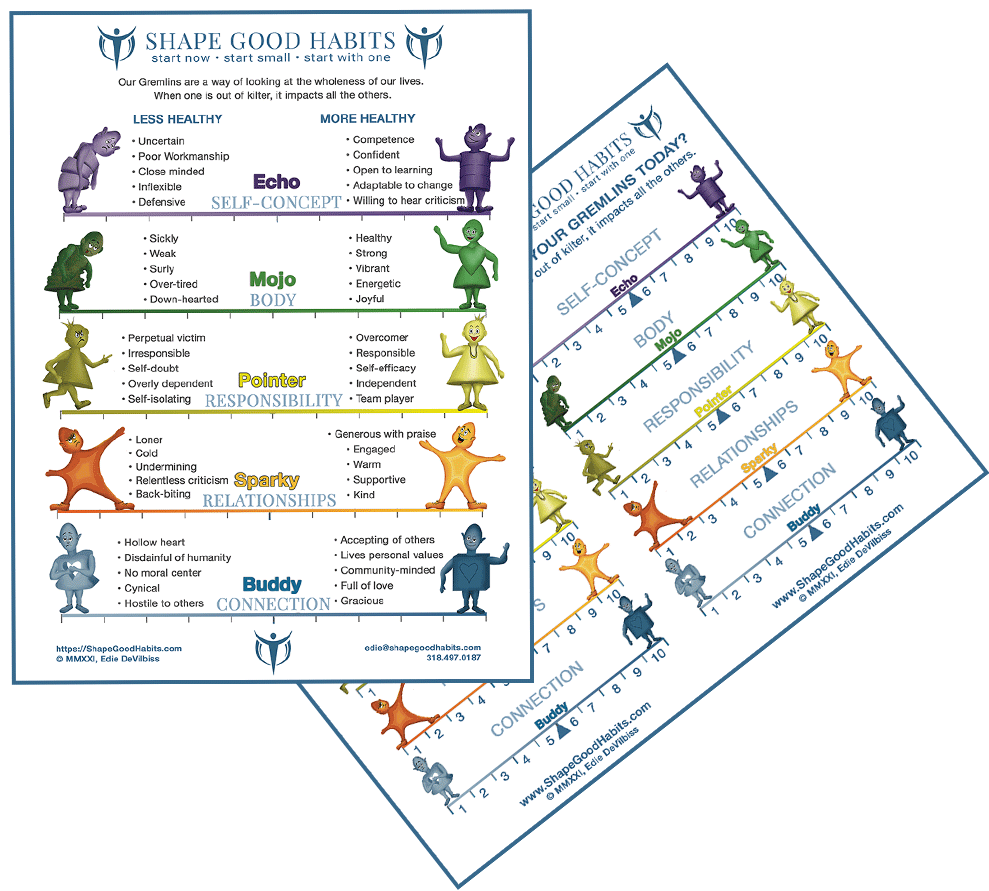Once we realize we need help with our Compassion Fatigue, what do we do next?
We may have noticed that our lives are going downhill. It’s more likely that people who care about us have told us we need help. In either case, the next big hurdle is figuring out how to find that help.
If we are fortunate enough to have an employer who provides an EAP, employee assistance program, we can start there.
If not, we are on our own.
Simple Strategy
Recently, I spoke with Tracy Eldridge (On Scene First podcast). She laid out a simple plan that makes so much sense.
Access Psychology Today’s website. Put your zip code in the “Find a Therapist” search bar. You can narrow your search by putting in “Trauma Focused” or “EMDR” in the types of therapy. Read through the descriptions provided. Reach out to the top two or three that appeal to you through email.
If they are not taking new clients, email them and ask who they would recommend. Keep going until you find the right someone.
Simple. Not easy, simple
One of the outcomes of the pandemic has been telemedicine. On-line therapy is not what we think of as ideal, yet, it is effective. In rural areas, for certain anxiety issues, and for time convenience, it can be an excellent choice.
Getting better may not require counseling therapy. Not all people are the same.
Other modalities
Therapeutic massage: Emotional pain is stored in the body. A proper massage can release that pain.
Make sure your drink plenty of water afterward to help flush out the toxins that have exited cell storage. To release even more toxins, soak in an epsom salt bath, then shower off the residue.
Equine therapy. If you can find someone who offers therapeutic riding, it’s an alternative treatment which is wonderfully effective.
Art therapy and music therapy are other alternative modes of treatment.
The most effective treatment is the one you participate in doing. If it doesn’t appeal to you and you don’t give it your best effort, find something that you can dive into.
Some self-help strategies:
Practice five minutes of silence per day. This helps calm the anxiety. When we intentionally rest our minds, it gives us mental margin for healing.
Mindful motion: If sitting in silence is not appealing or possible, try walking mindfully. Walk slowly while paying attention to your body motions. Focus on one part of your body. For instance, pay attention to the motion of your right foot. Notice where your foot hits the ground, which muscles are used to propel you forward. Feel the motion thoroughly. Do this daily.
What alternative treatments have you tried?
I’d love to hear your feedback on what has worked for you.
Send me a comment.




